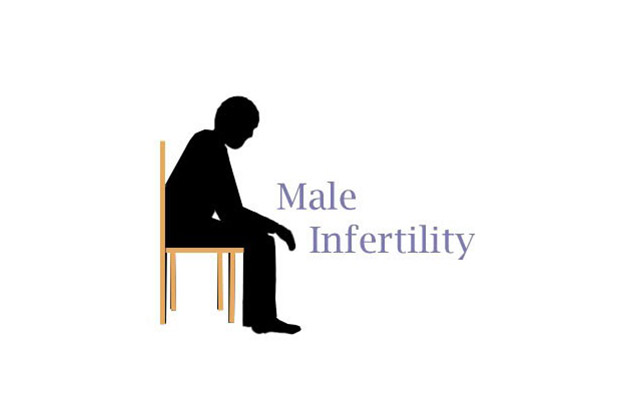Male Infertility : Definition & Causes
Apr 19, 2022
Infertility is a common problem faced by approximately 10 -15 % of couples attempting to conceive a baby. In most of these cases, the problem is related to the male reproductive system. It is important now that men also be assessed to find out the causes of this infertility. Fortunately, with today’s high-tech procedures and medication a diagnosis of infertility is treatable.
Read below to learn more about the causes and available treatment options for infertility.
What happens under normal conditions?
Male fertility depends on the production of normal sperm and the delivery of it to a female partner’s vagina. Development of sperm or Spermatogenesis is the process by which sperm is produced and is able to fertilize the female gamete, the oocyte, during conception to produce a single-celled individual known as a zygote.
Sperm cells (spermatozoa) are produced by a process of cell division that occurs over a period of several months. The first stage occurs within the testes and then the sperms are stored in the epididymis until ejaculation. The process of sperm production is influenced by a number of factors particularly hormones and temperature. The hormone testosterone plays an important role in development of sperm cells and also the presence of a lower temperature (lower than the body temperature) is required to produce viable sperm.
What is male infertility?

Male infertility is a health issue in which the male is unable to cause pregnancy in his female counterpart. These problems arise due to improper functioning of sperm.
What are common causes of male infertility?
Sperm disorders: Problems are mainly with development and production of sperm. Sperm may not be fully developed, may have an abnormal shape or have movement problem. It could also be that normal sperm production in abnormally low (oligospermia) or absent (azoospermia).
Retrograde ejaculation: when the semen is pushed back into the bladder instead of the penis during orgasm. During intercourse when the male climaxes the muscles at the end of bladder neck contract, but in retrograde ejaculation either these muscles become weak or there is nerve damage. It is also called as “dry orgasm”. Signs include cloudy urine after ejaculation.
Varicocele: refers to enlargement of veins in the scrotum. These are very common and seen in about 15% of male population. Varicocele causes decreased sperm production which can result in infertility. Varicoceles can be diagnosed on physical examination since the veins feel distinctively like a bag of worms.
Immunologic fertility: This is caused by man’s immunologic response to his own sperm; antibodies are usually the product of injury, surgery or infection. These antibodies prevent normal movement and function of the sperm. Even though it has not been researched in detail how antibodies damage fertility, facts show that these antibodies can make it more difficult for sperm to fertilize the egg.
Obstruction: It can occur at any portion in the male reproductive organ preventing normal transport of sperm during ejaculation. The common causes include any prior surgery, infections, inflammation and development problems (e.g. undescended testes).
Hormones: Infertility can occur due to diseases affecting the hormonal systems like the hypothalamus, pituitary gland, thyroid or adrenal glands. Lower levels of testosterone can cause in decreased sperm count.
Genetics: Main role in fertility is played by genetics, as sperm carries half of the DNA mix to the partner’s egg. Any abnormalities in chromosomal numbers and structure as well as deletions on the Y chromosome can impact fertility.
Medication: Some medications can affect sperm production, function and ejaculation. These medications are usually prescribed to treat conditions like arthritis, depression, digestive problems, infections, hypertension and even cancer.
If you are experiencing male infertility, its best that you visit the sexual health clinic and consult a urologist.









